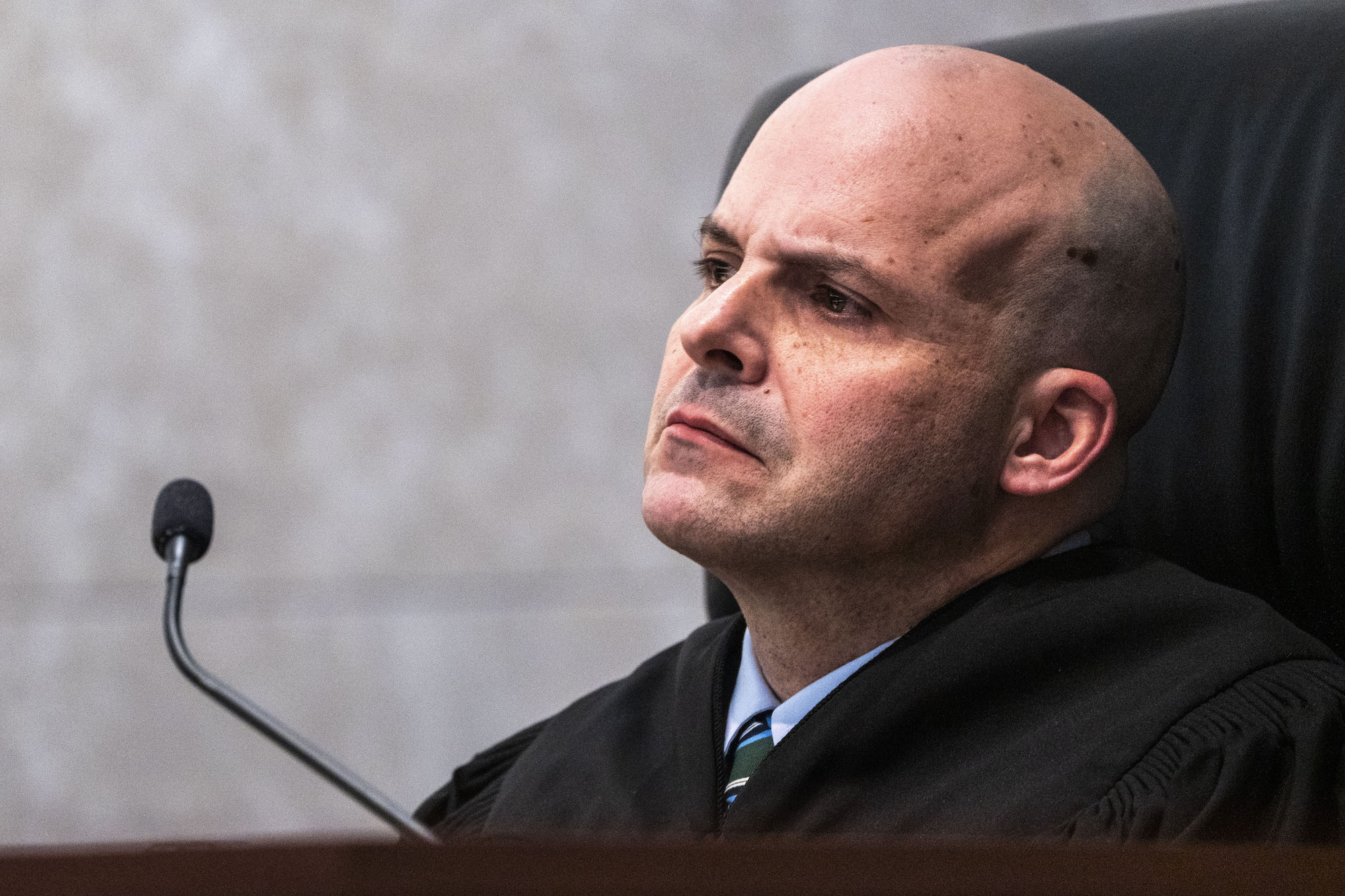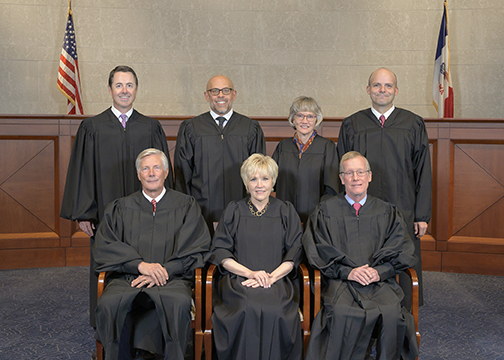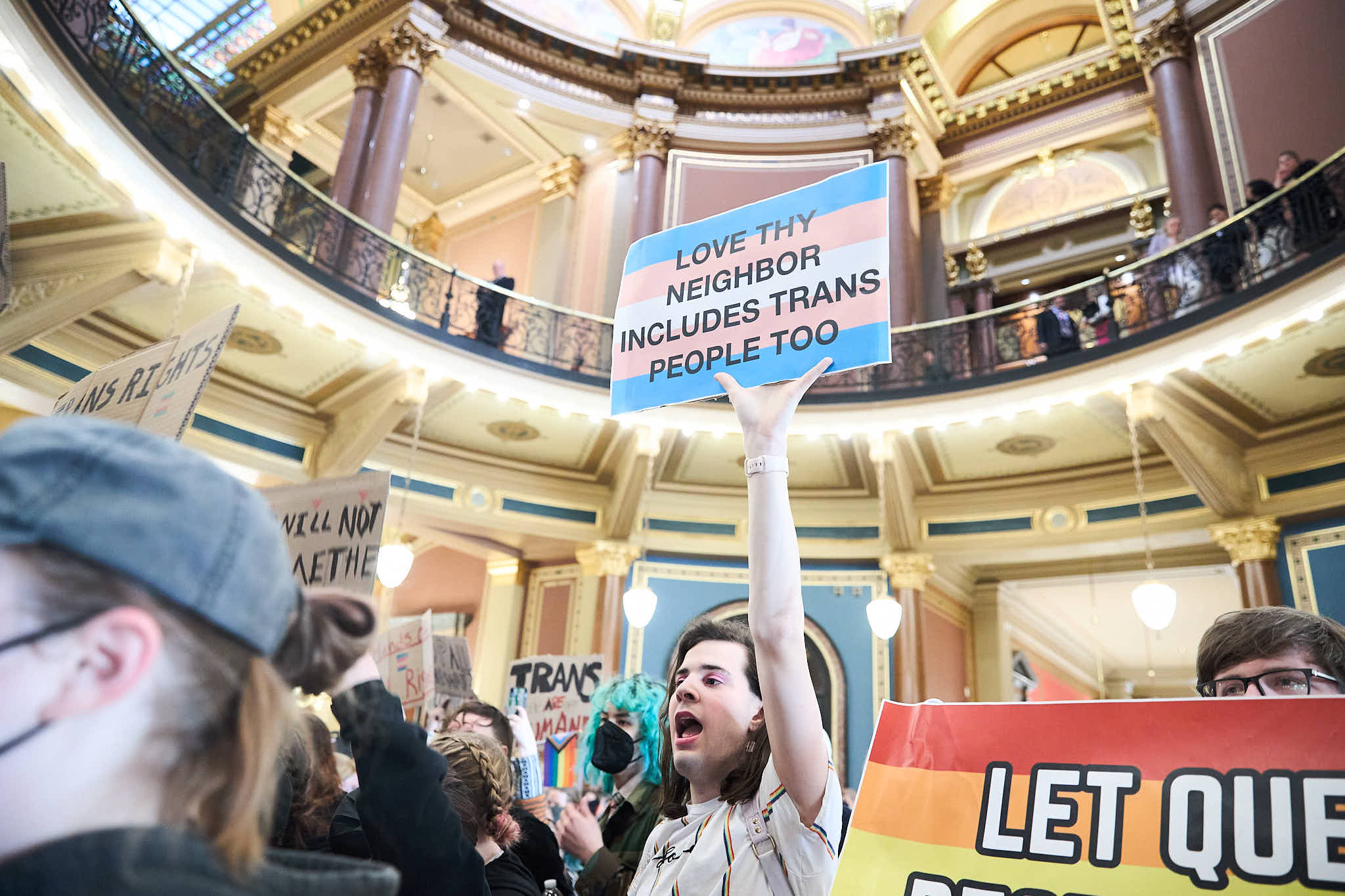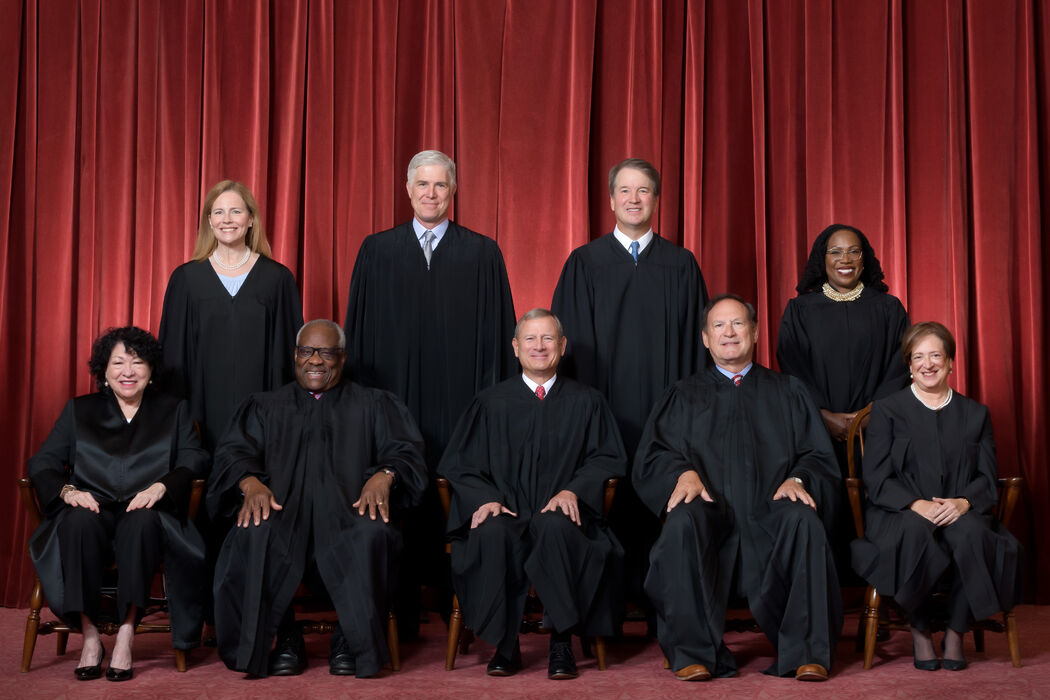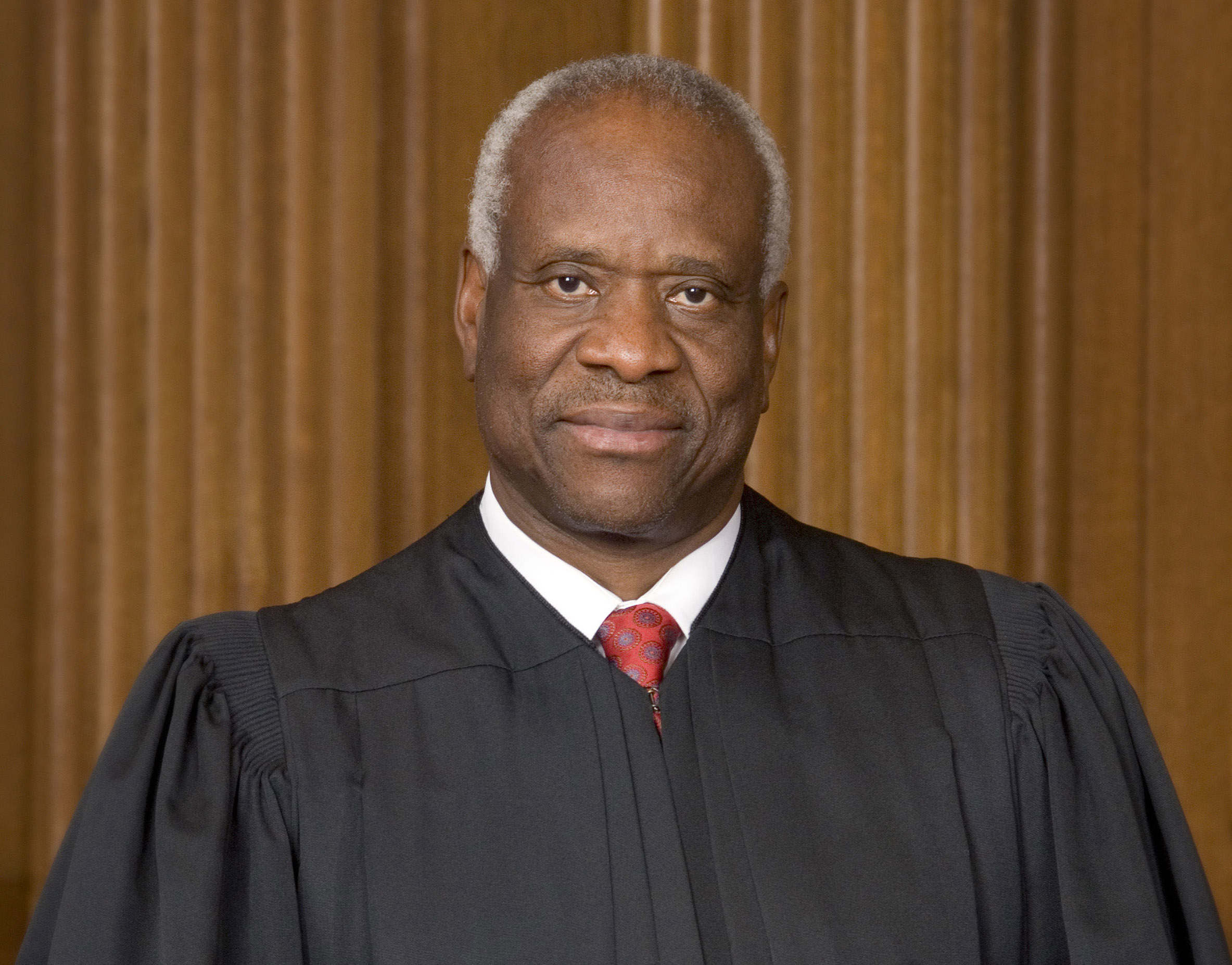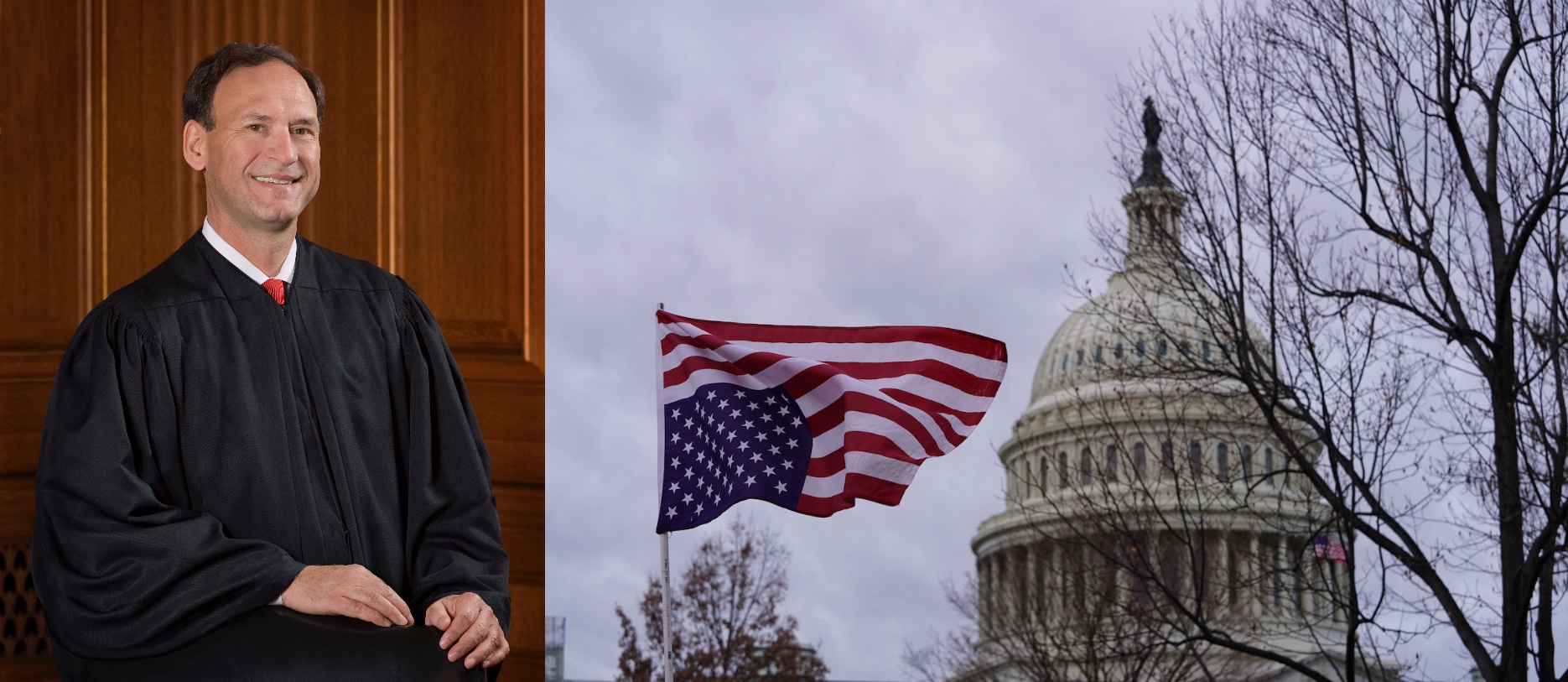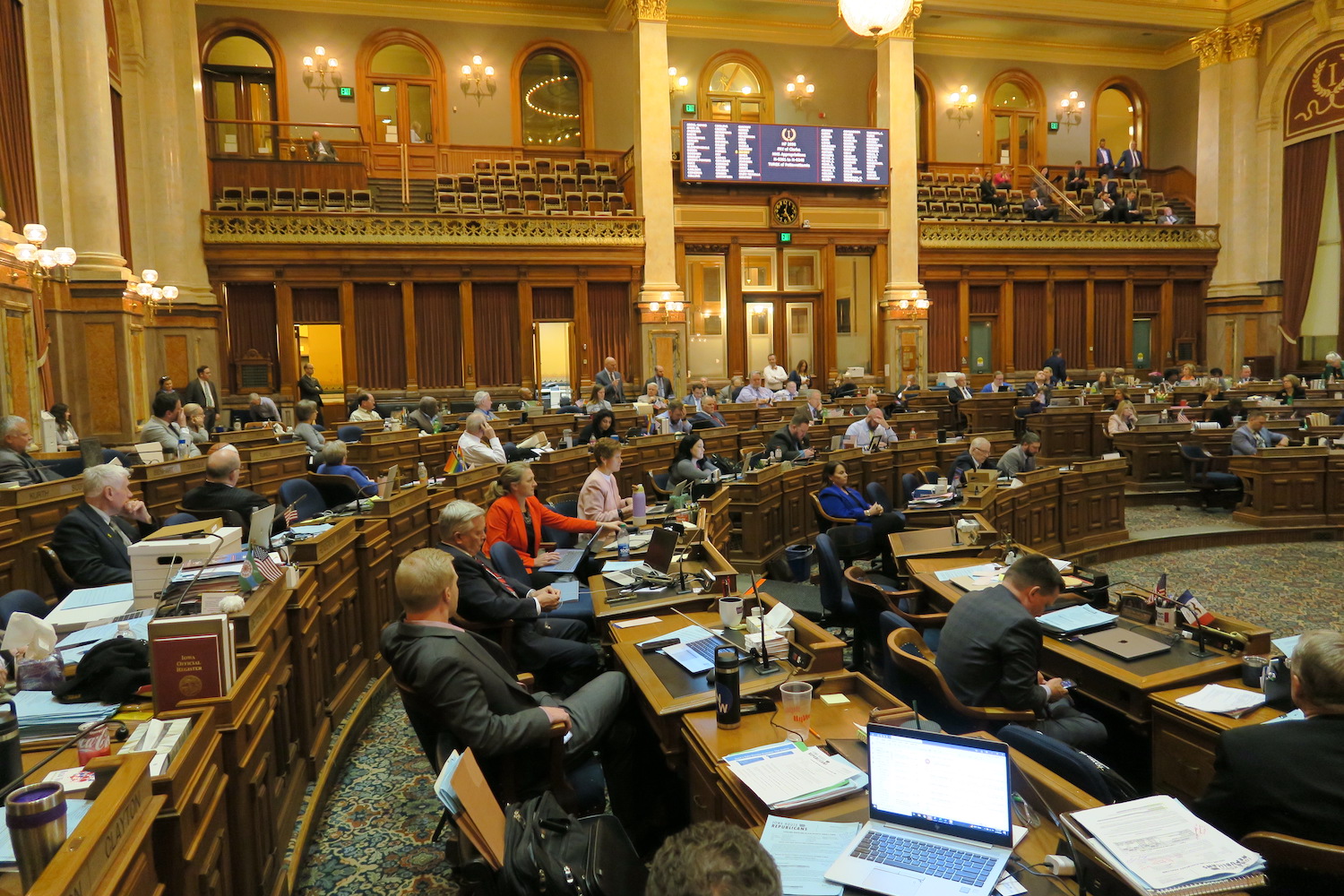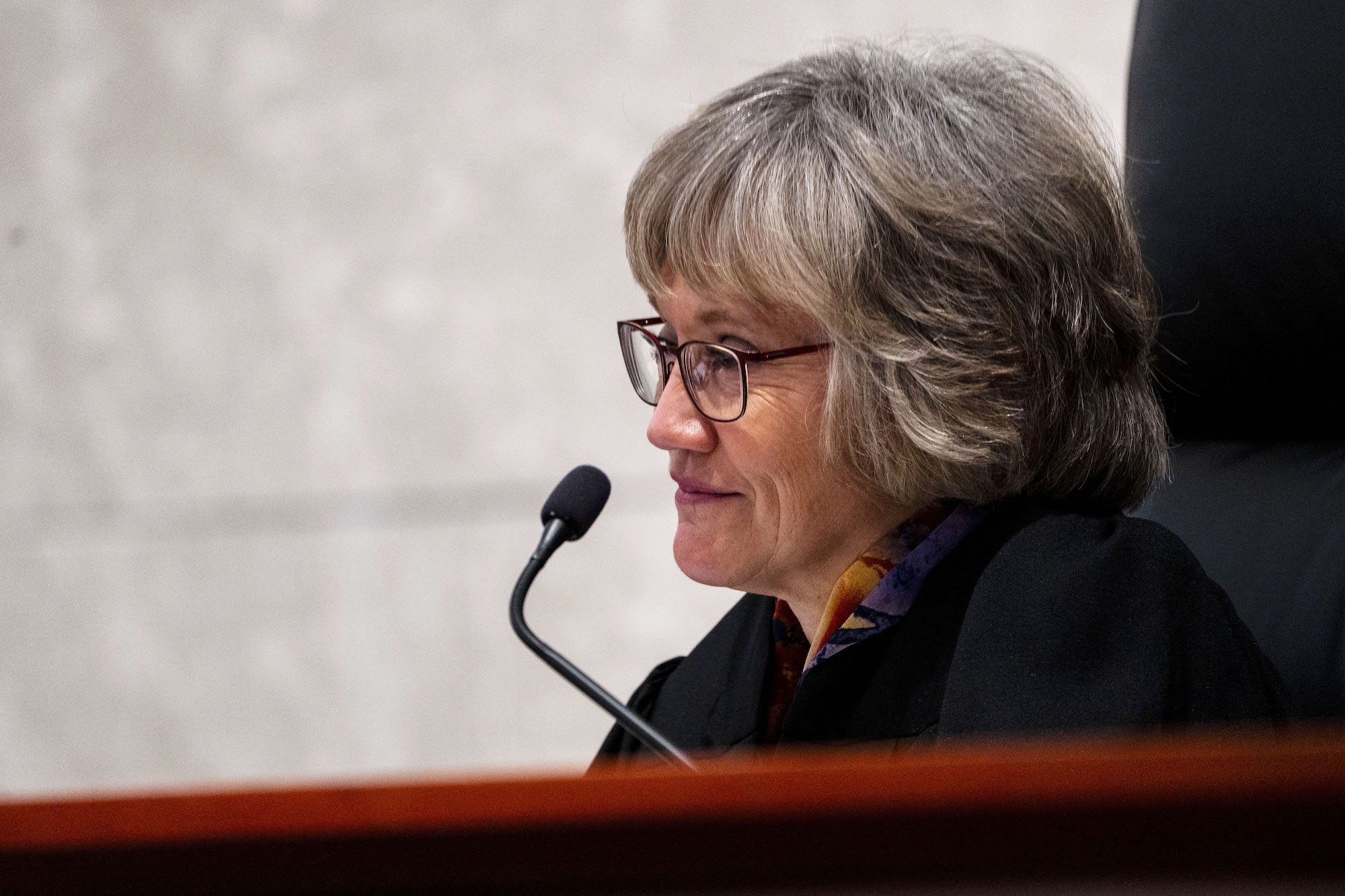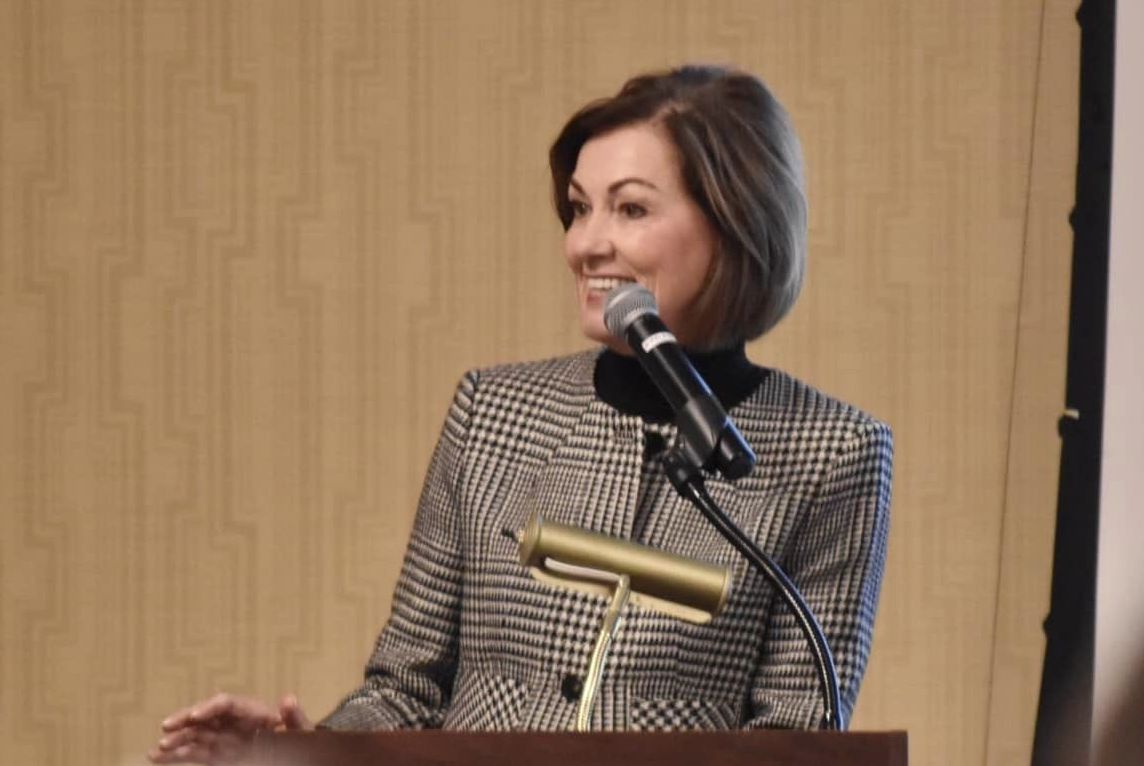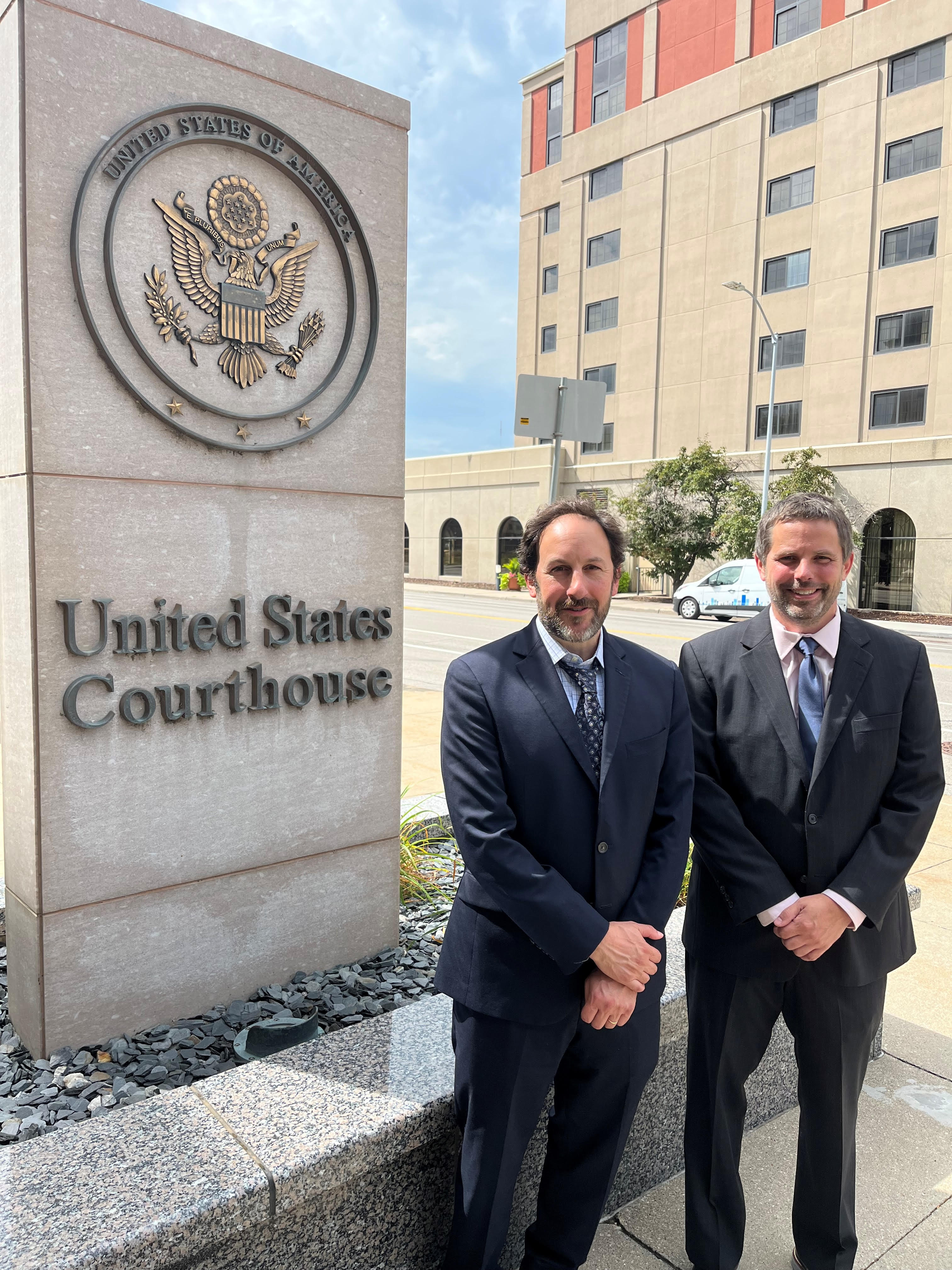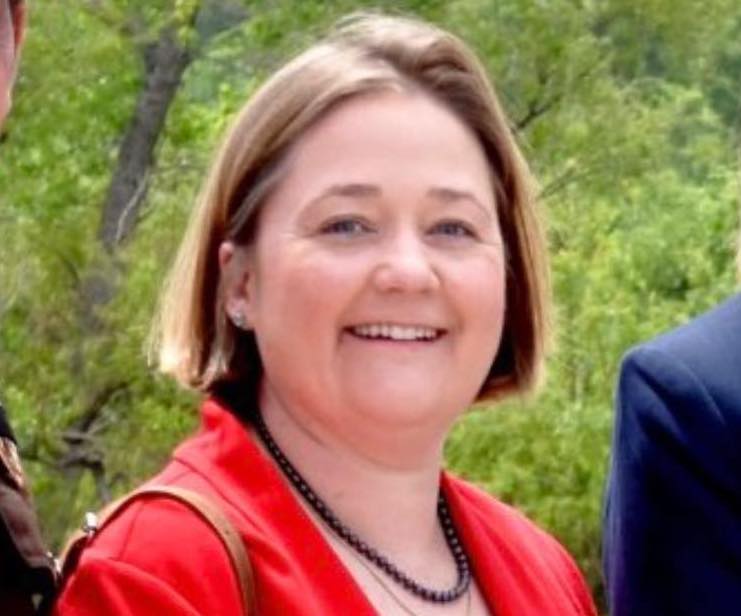Iowans will decide this November whether to allow one Iowa Supreme Court justice, four Iowa Court of Appeals judges, and 64 Iowa District Court judges to remain on the bench. Since our state adopted the current judicial selection system in 1962, each judge must periodically go on the ballot—every eight years for Iowa Supreme Court justices, every six years for those serving on other courts.
Iowa voters have retained almost all judges over the past six decades. But any jurist who receives more “no” than “yes” votes in November—as happened with three Iowa Supreme Court justices in 2010—will be out of a job. Governor Kim Reynolds would fill any vacancies in early 2025, after receiving a list of finalists from the State Judicial Nominating Commission or its district-level counterpart.
While some people routinely approve or reject every judge up for retention as a matter of principle, voters who want to make informed choices often find it difficult to learn anything about the judges listed on the back of the ballot.
This post highlights the appeals and district court judges who received the highest and lowest ratings in the 2024 Judicial Performance Review, the main public source of information about Iowa’s judges. I will also explain why I plan to vote against retaining a member of the Iowa Court of Appeals and a district associate judge in Polk County.
A forthcoming Bleeding Heartland article will analyze how Iowa Supreme Court Justice David May has decided high-profile cases since Reynolds appointed him in July 2022.
Continue Reading...




